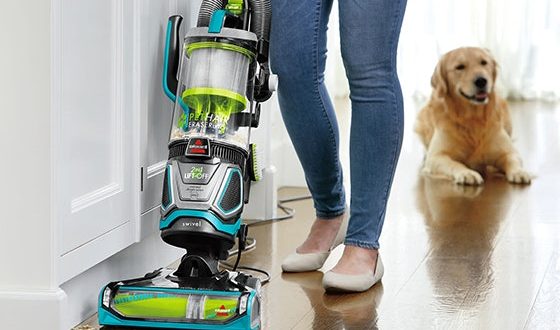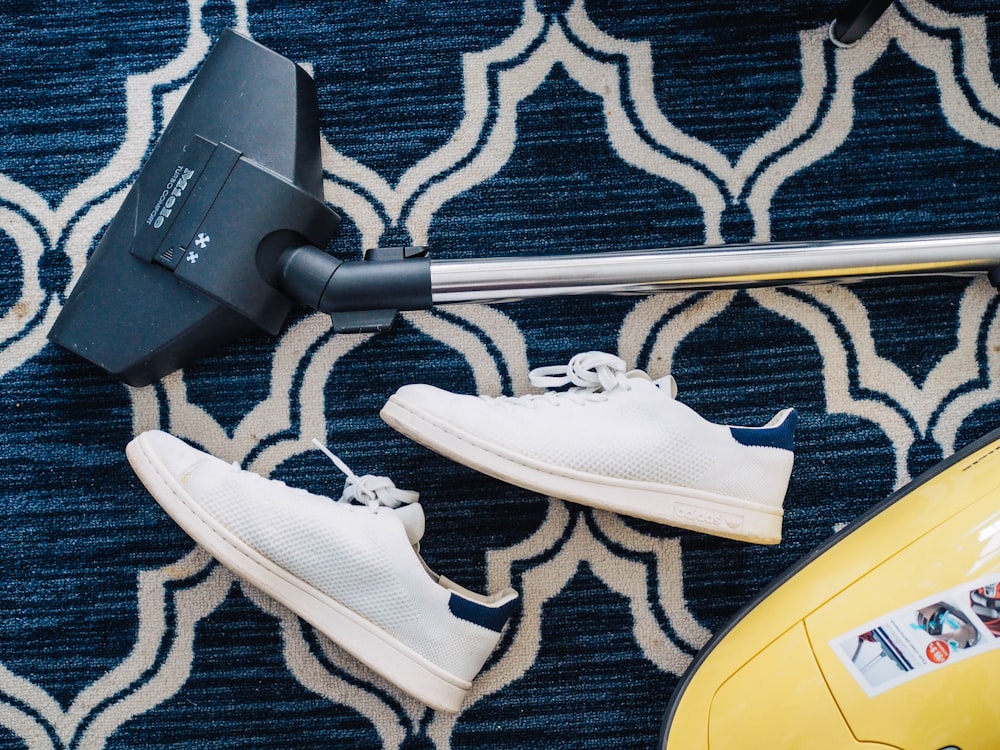Optimizing energy usage at home isn’t something that people think about often. If only people know how to conserve energy in their day-to-day lives, they’ll find that they’re spending less money on their energy bills. Plus, they’re also environment-friendly.
That said, we have listed down how you can conserve energy while doing your daily chores:
1. Switch to broom
At Cleaning Exec House Cleaning NYC, we find that vacuum has always been a handy tool for sweeping the floor. But we’re also aware of how much electricity it consumes.
If you want a clean floor but not a skyrocketing electric bill, consider using a broom. That way, you get rid of the larger dust and dirt and reduce work for your vacuum.
Aside from that, you reduce the length of time you need to use the vacuum a lot when you’ve finished the brunt of the work.
2. Use a regular mop
More people are using the convenience of a steam mop instead of a standard mop when they’re cleaning their floors at home.
Of course, the ability to get rid of dirt on your floors faster is always an appreciated feature. It also helps that the steam mop generates the heat for killing off dust mites, germs, and bacteria.
One issue with a steam mop is that you need to consume energy to operate it. If you’re going through all of your floors, that’s a considerably long time having something consuming energy in your house.
Thus, you want to keep using your steam mop to a minimum and only for more challenging fights when cleaning your floors.
As much as possible, stick to your regular mop. They’ll still be able to do the job, and they won’t consume as much energy. You can switch back to a steam mop every once in a while.
3. Use cold water
When you use a washer or a washing machine to wash your laundry, you might be using the heating option there. Instead of willy-nilly deciding to use hot water for your laundry, try and be more discerning.
You’ll find that most of your laundry doesn’t need hot water to get clean and sanitized. However, in some cases, hot water may be better.
For example, if you want to sanitize laundry because of a sick person in the house, hot water is better.
For the most part, though, you probably don’t need to be using hot water for the rest of your clothes. Reading your clothes’ labels helps determine whether you need hot or cold water to wash them.
4. Do full loads of laundry
When using machines to help us clean things around the house, like our clothes or dishes, you should wait until it’s full before you run it.
Even if your dishwasher or washing machine is half-full, it’s still going to use the same amount of energy as when it’s full. The same applies to your dishwasher.
Instead of wasting water and energy, you can wait until your washing machine and dishwasher is full before you run it. That way, you get more items clean, and you’re maximizing your energy consumption.
5. Consider green cleaning solutions
If you want to be inspired by conserving energy while doing your daily chores, you can get some sustainability lifestyle ideas.
Many green cleaning solutions also take into account how energy-efficient they are. That’s why they’re able to save both money and energy without harming the environment in the process.
6. Check and maintain your stuff
One way you’re probably wasting energy in your house is through poorly maintained or broken and leaky items in your home.
If you have poor insulation, or your doors and windows aren’t sealed, that’s contributing to your HVAC system’s energy usage. After all, if you feel that you’re not achieving the temperature you want since it’s leaking, you want your HVAC system to run longer.
Also, if you have a water leak somewhere, this can lead to insufficient water pressure. This means that you are wasting water and money.
7. Air dry your clothes
Instead of putting your clothes in the dryer, consider air-drying them instead. The great thing about air-drying your clothes is that you won’t have to use electricity to dry clothes.
Aside from that, the sun has a natural deodorizing and sanitizing effect that helps eliminate odor and bacteria on your clothes.
If you can help it, avoid using a dryer unless it’s an emergency or if the weather outside isn’t optimal for drying clothes. However, some people even have indoor clothing lines that help them air dry their clothes indoors, even if the weather is less than optimal.
All the steps mentioned above can help you conserve energy while accomplishing all your chores. It’s a lot simpler than you’d think, and the benefit you get from it outweighs the efforts you need to put into doing these tasks.




